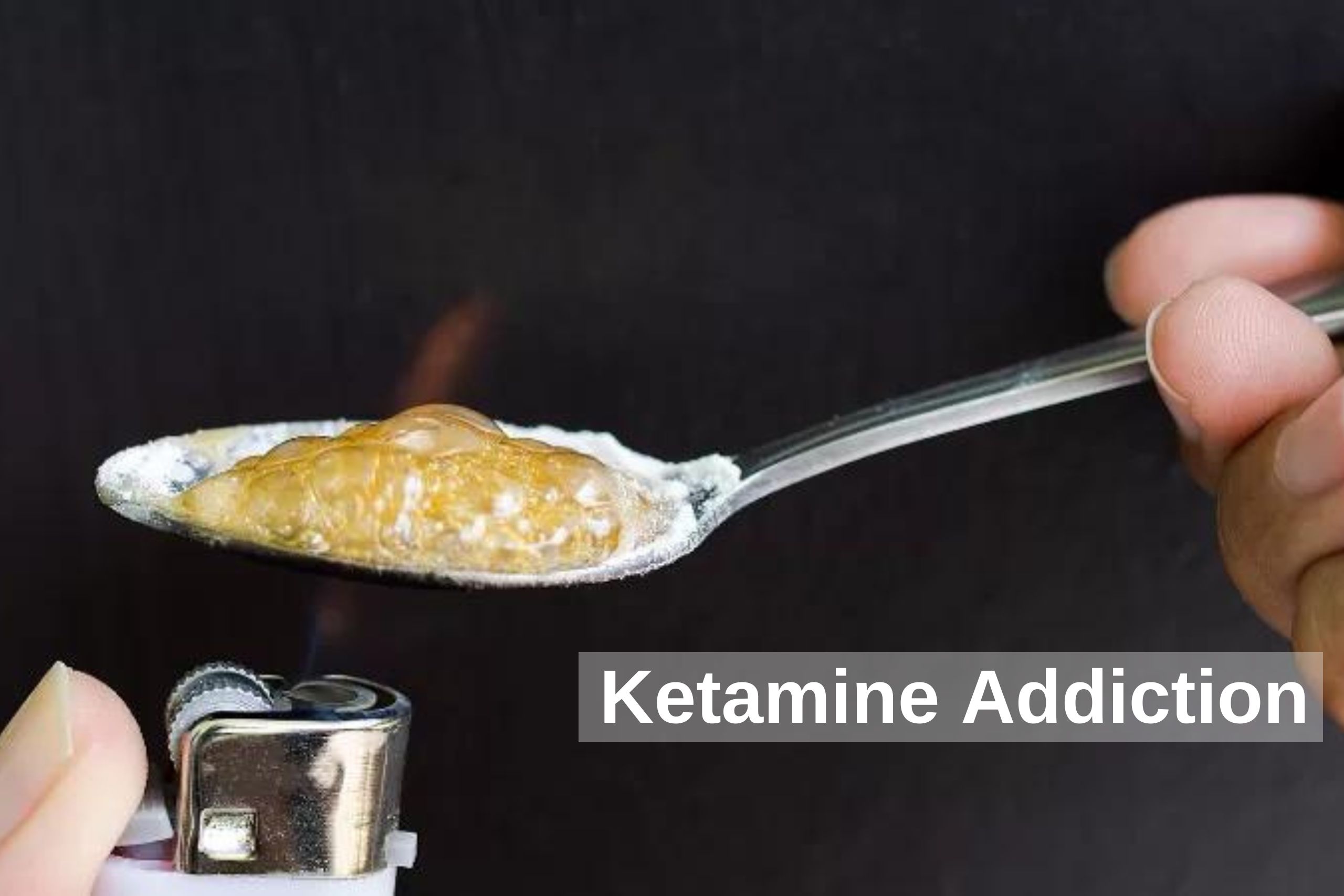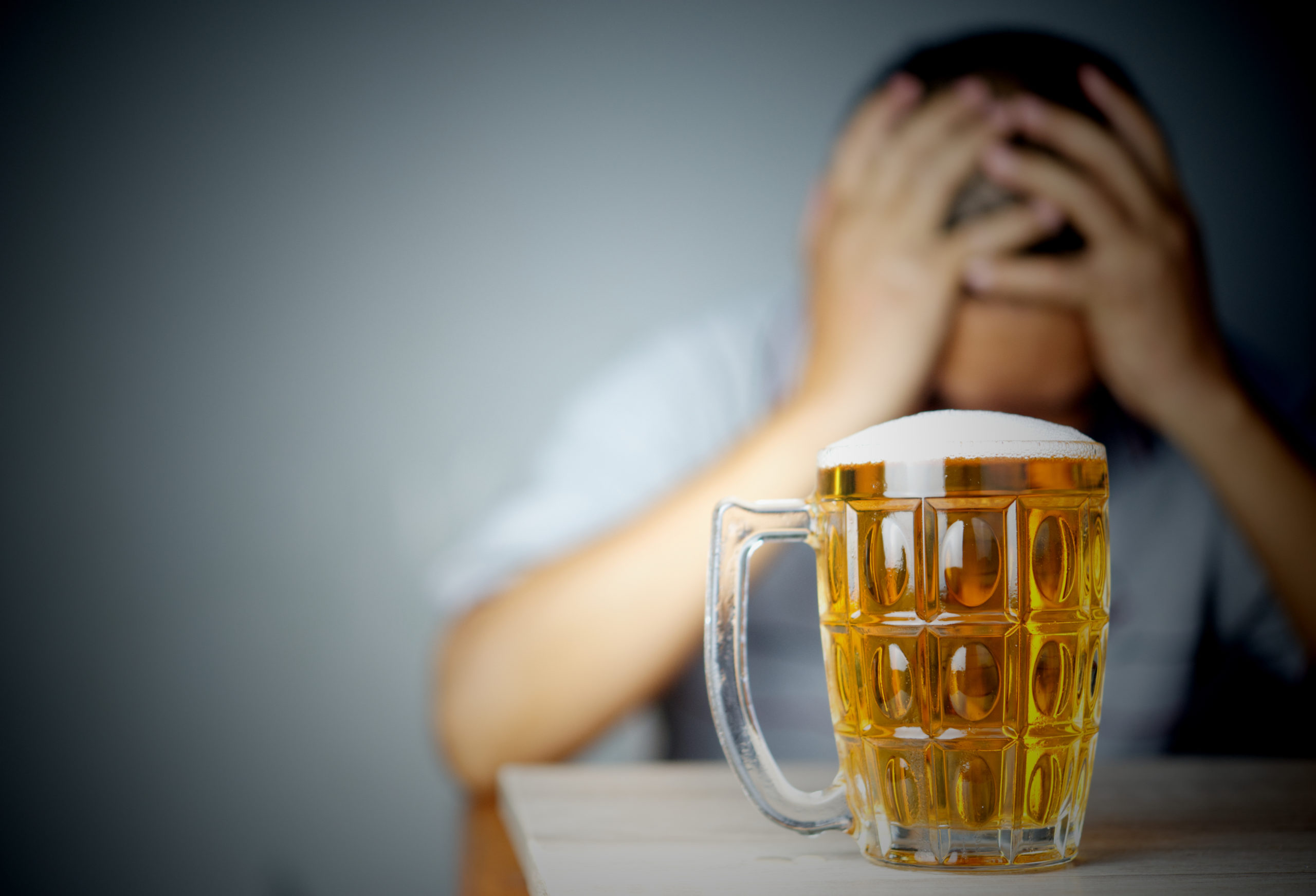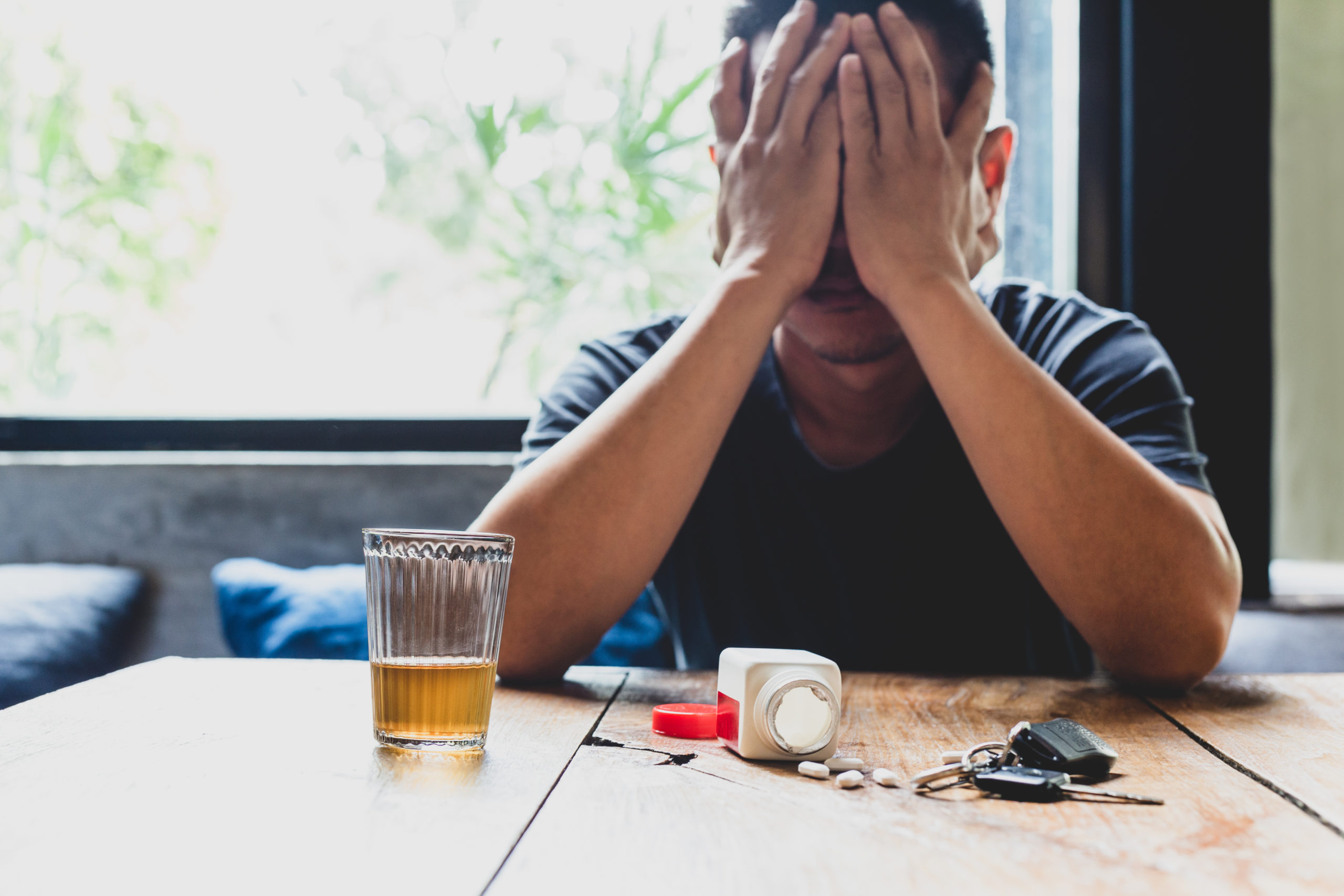Understanding MAT Treatment For Opioid: A Path to Recovery
Opioid addiction is a serious public health issue, as it affects millions of individuals and families all around the world. Opiates consist of heroin, prescription pain pills such as Oxycontin, Percocet, Tramadol and Oxycodone, and synthetic drugs such as fentanyl. Recovery from opiate addiction requires a comprehensive addiction treatment approach including medication-assisted treatment, or MAT, and evidence-based therapeutic approaches. Historically, there has been resistance to MAT, as it was seen as drug-for-drug substitution. However, research studies over the past several years have provided conclusive evidence about the effectiveness of MAT in saving lives and helping people enter recovery.
What are Opioids?
Opioids are a class of substances which include prescription painkillers like oxycodone, oxycontin and hydrocodone, and street drugs like heroin and fentanyl. All these drugs attach to opioid receptors in the brain, leading to pain relief and feelings of intense euphoria. While fentanyl is a synthetic drug made from chemicals, all other opiates are derived from opium. Opioids are highly addictive, and prolonged use lead to physical and psychological dependence. Withdrawal symptoms are severe and may include muscle aches, chills, anxiety, nausea, vomiting, and insomnia.
Over the past 2 decades an “opioid crisis” has been brewing and has reached “national emergency” levels. Now state governments and the Fed are investing huge sums of money in prevention efforts. This crisis has led to devastating consequences, including tens of thousands of drug overdose deaths, broken families, and economic burdens on society. Opioid addiction does not discriminate, and affects people from all walks of life.
The introduction of new classes of medication called buprenorphine and naltrexone to address opiate cravings and opiate withdrawal symptoms is a game changer in addressing this crisis. Utilizing these classes of medications in conjunction with counseling and therapy has proven to be effective in helping people recover from an addiction to opiates, or people suffering from Opioid Use Disorder (OUD).
Overcoming Opioid Use with Medication-Assisted Treatment (MAT)
Medication-Assisted Treatment (MAT) is a highly effective approach for individuals struggling with Opioid Use Disorder, or OUD. MAT involves combining the use of FDA-approved medications such as buprenorphine or naltrexone coupled with counseling and therapeutic techniques such as motivational interviewing, DBT and CBT.
There are 3 common FDA-approved medications used in MAT for opioid addiction treatment: Methadone, Buprenorphine, and Naltrexone.
Types of MAT
Methadone Maintenance Treatment (MMT) is a common long-term treatment for opioid addiction, particularly heroin addiction. Although initially approved for pain relief in 1947, Methadone was integrated years later in MAT treatment to treat adults with OUD through medication and therapy.
The FDA approved the use of Buprenorphine, also known as Zubsolv, Suboxone or Subutex, in 2002 for treating Opioid use disorders. It was previously used as a pain reliever and works by binding with Opioid receptors in the brain to reduce pain, prevent withdrawal symptoms, and lower cravings for opiate substance and prescription painkillers.
Naltrexone helps people with opioid or alcohol addiction resist cravings and avoid relapse. It is the generic name of the brand name medication, Vivitrol. It not only helps prevent substance abuse or alcohol use disorder by reducing cravings but is also effective in blocking the effects of opioids. Naltrexone treatment must be supported with making changes in lifestyle, and seeking counseling support.
The Benefits of Medication-Assisted Treatment (MAT)
- Reduction in Cravings and Withdrawal Symptoms:
MAT medications target the same opioid receptors which opioids like heroin or prescription painkillers target in the brain. Medication treatments such as methadone and buprenorphine help reduce cravings and withdrawal symptoms, which are crucial drivers of relapse.
- Stabilization of Brain Chemistry:
Opioid misuse disrupts the brain’s chemical balance. MAT medications help restore this balance, allowing individuals to regain mental clarity and emotional stability. Stabilization enables patients to focus on their recovery journey and engage effectively in counseling and therapy.
- Reduction in Illicit Drug Use:
MAT has been associated with a significant reduction in illicit opioid use. Individuals on MAT are less likely to engage in risky behaviors associated with seeking and using opioids. Lower illicit drug use contributes to a reduced risk of overdose and its associated consequences.
- Improved Treatment Retention:
MAT has been shown to increase retention rates in addiction treatment programs. Longer treatment engagement is generally linked to better outcomes. MAT programs often provide a structured environment with regular check-ins and support, which can help individuals stay committed to their recovery.
MAT, especially when used consistently and as prescribed, substantially reduces the risk of opioid overdose. Naltrexone, for instance, blocks the effects of opioids and can be a lifesaving intervention, particularly for individuals at high risk of relapse.
- Holistic Approach to Recovery:
MAT is not a standalone treatment but rather a component of a holistic recovery approach. It is often combined with counseling, therapy, and support groups. Treating addiction involves a comprehensive approach that encompasses both medication and behavioral therapies, which helps address the physical and psychological aspects of addiction and achieve recovery in a sustainable way.
- Increased Functionality and Quality of Life:
With help of MAT, individuals can regain control over their lives. It can help them become productive members of society, maintain employment, and rebuild relationships. As individuals stabilize on MAT, they can focus on personal growth, education, and overall well-being.
Conclusion
Medication-assisted treatment (MAT) has revolutionized the field of addiction treatment, offering hope and a proven path to recovery for those struggling with OUD. When combined with counseling and support, MAT helps develop a comprehensive approach to address the physical and psychological aspects of addiction to help people regain control of their lives and embark on a journey toward lasting recovery.
Click here to begin your journey to recovery today!










